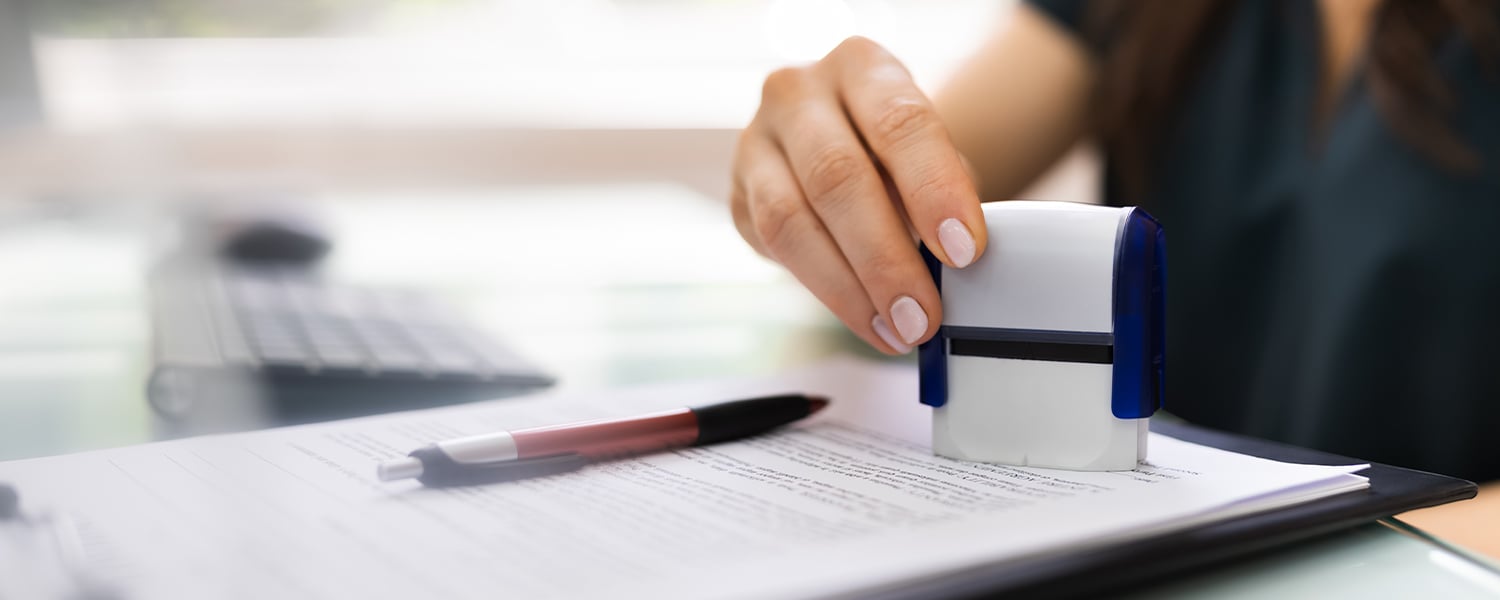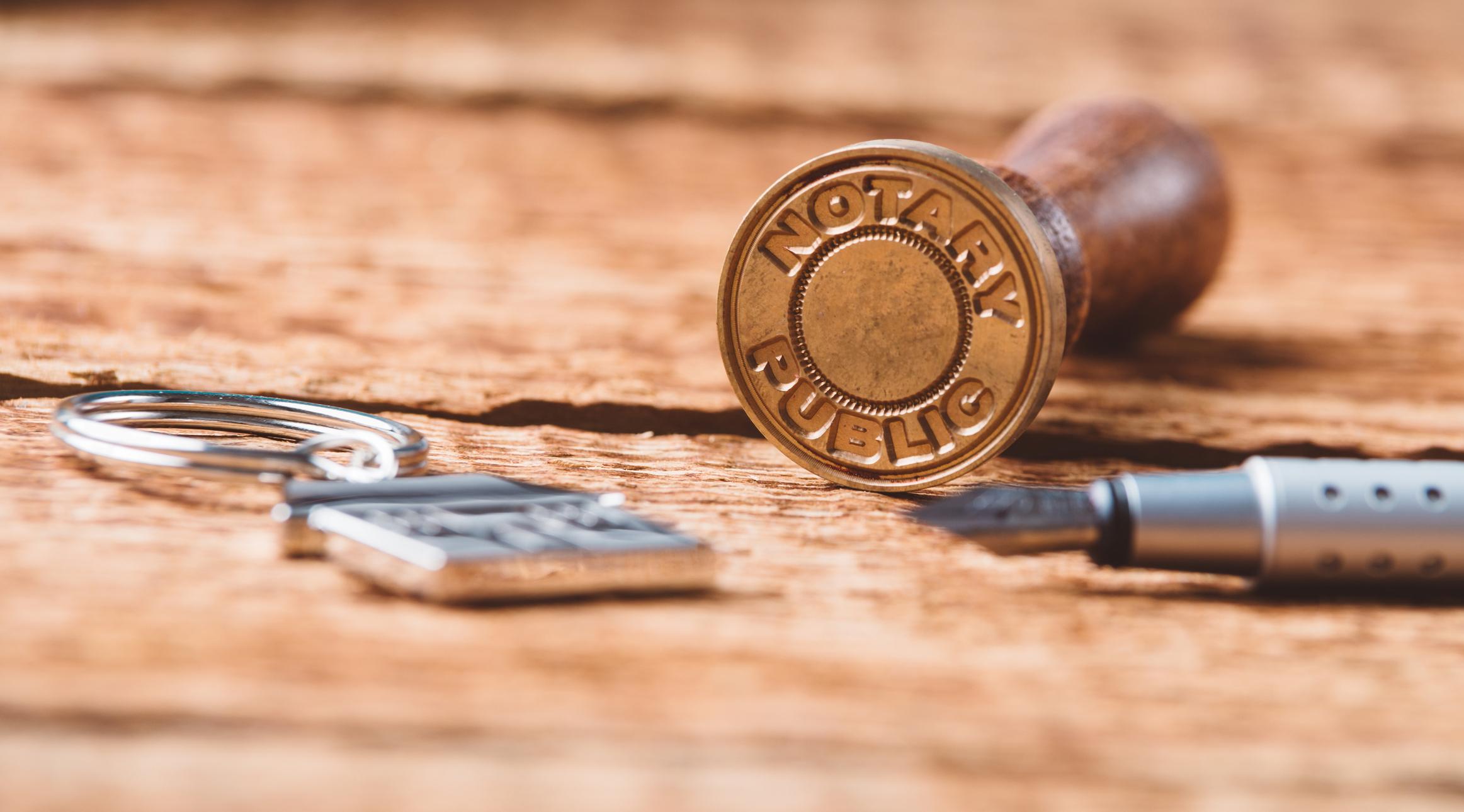Debunking Notarial Work: Simplifying the Role and Value of Notaries
In the elaborate web of lawful paperwork and confirmation, notaries stand as pillars of guarantee and authenticity. Their function, usually shrouded in enigma for numerous, lugs considerable weight in making certain the legitimacy and honesty of crucial documents. As guardians of legality and fact, notaries play a crucial part in our culture, yet their work is not constantly fully comprehended. By unwinding the complexities surrounding notarial methods and dropping light on the importance of their acts, a more clear understanding emerges of the essential duty notaries play in maintaining the material of lawful and legal contracts.
The Background of Notarial Work
The history of notarial job dates back to old human beings, where scribes played an important function in recording important information and authenticating records. This led to the development of notaries, people appointed by the state to act as objective witnesses in legal matters.
Throughout the Middle Ages, notaries gained importance in Europe, with their functions increasing to consist of preparing lawful records, accrediting signatures, and maintaining documents. The increase of international profession additionally highlighted the relevance of notarial work in confirming contracts and contracts across borders.
In the modern-day age, notaries remain to play a crucial duty in legal and service deals by verifying identities, confirming the authenticity of files, and stopping scams. Their role in accrediting the credibility of agreements includes a layer of security and trust to the ever-evolving landscape of business and law.

Tasks and Responsibilities of Notaries
Notaries play an important duty in verifying the authenticity of documents and the identity of notaries. One of their key duties is to witness the signing of crucial files, such as wills, agreements, and deeds, to make sure that all events are entering into arrangements purposefully and willingly.
In addition, notaries are tasked with administering vows and affirmations, which are crucial in legal proceedings and the execution of affidavits. They license duplicates of original documents, providing assurance to institutions that the duplicates are real replicas of the originals. Notaries must maintain exact documents of all purchases they oversee to ensure transparency and liability. In general, the responsibilities and responsibilities of notaries are vital in protecting the honesty and validity of different files and transactions.
Notarial Certificates and Signatures
Exhibiting thorough interest to information, notarial certificates and signatures function as crucial parts in confirming the authenticity of lawful papers. Notarial certificates normally contain critical this details such as the day of notarization, the names of the signatories, a this description of the document, and the notary's official seal. These certificates provide a clear document of the notarial act, ensuring that the file can be conveniently recognized and mapped back to the notary that looked after the procedure.
Trademarks play a critical function in notarial work, as they indicate the contract and approval of the celebrations involved. Notaries carefully witness the signing of documents to validate the identity of the signatories and verify that they are authorizing of their own free choice. By affixing their official seal and signature to the record, notaries accredit that the required treatments have been followed and that the record is valid and enforceable.
Essentially, notarial certificates and trademarks are the characteristic of credibility in lawful transactions, offering guarantee to all events entailed that the files are reputable and binding.
Importance of Notarial Acts

Notarization Refine Explained
Clarifying the registration process supplies quality on the essential steps entailed in validating lawful papers. The registration procedure commonly starts with the specific presenting the document to a notary public. The notary then confirms the signer's identity through appropriate recognition approaches. As soon as the identification is verified, the notary makes sure that the private authorizing the record does so willingly and without any browbeating.

Conclusion

Notarial certifications generally have important information such as the date of notarization, the names of the signatures, a summary of the file, and the notary's main seal. These certificates supply a clear record of the notarial act, guaranteeing that the file can be easily recognized and traced back to the notary that supervised the process.
By fastening their official seal and signature to the file, notaries accredit that the essential treatments have actually been adhered to and that the record is valid and enforceable.
By validating the identity of the notaries, validating their willingness to get in right into the arrangement, and certifying the date and location of the finalizing, notaries play a critical function in maintaining the legitimacy of lawful documents.After the document is signed, the notary will affix their official seal or stamp onto the paper.